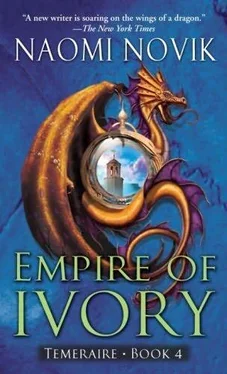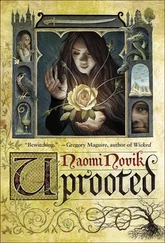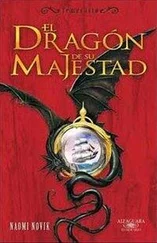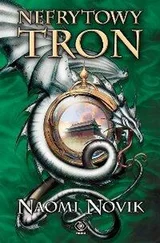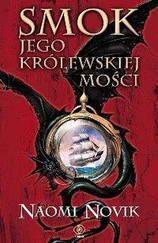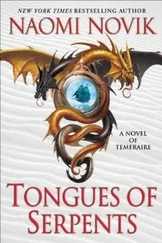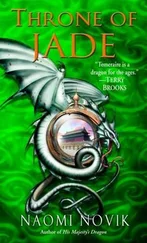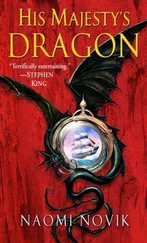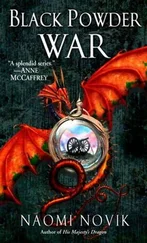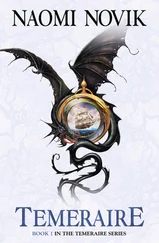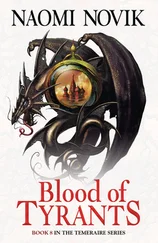The dragon-ancestors at once serve as a substantial source of labor and military power, and as repositories of tribal history and legend, compensating for the neglect of the written word. Furthermore, each tribe will consider carefully the disposal of the eggs of their own dragon-ancestors, common tribal property, which may be used to reincarnate one of their own, should there be one of sufficient standing to merit the honor, or, far more commonly, traded to a remote tribe in more urgent need, through a complex network of communications sure to bring the news of a suitable egg to those seeking the same, this network serving to knit together tribes that might otherwise have grown more distinct, left to act in isolation. Nor are these dragon bloodlines ignored, as might be expected by one who imagines a sort of simplistic literal belief; rather, such an exchange of eggs is held to establish a kind of distant familial relation between the receiving tribe and the donor, much like state marriages, further strengthening ties….
Mokhachane I (h) , a Sotho chieftain, carved out a relatively minor territory that proved notable for its position on the extremes of the Sotho-Tswana tribal regions, touching upon Xhosa territory to the south, and thus indirectly receiving at least vague intelligence of the growing Dutch settlements at the Cape, and having some communication with the beleaguered Monomotapa kingdoms on the East African coast, the descendants of the zimbabwe-builders.
Broader relations were established with this latter power near the turn of the century under the urging of his son, Moshueshue I (h) , demonstrating from his youth that wisdom for which his name was to become a byword, which relations were to have great significance after Mokhachane’s (h) death in raiding during the year 1798, when Moshueshue was able to negotiate the acquisition of a large dragon egg of the Monomotapa royal lines, for his father’s rebirth; the Monomotapa government by this time fracturing under increasing pressure from the Portuguese gold-hunters along the eastern coast, and in need of the gold and the military reinforcements that Moshueshue could provide, as a result of negotiations with neighboring Tswana tribes….
The acquisition of so powerful a dragon, in conjunction with Moshueshue’s coming of age, which eliminated the last barriers to his being received as an equal by other tribal chieftains, very shortly vaulted the tribe to pre-eminence in the southernmost regions of the Tswana lands. Mokhachane I (d) easily established dominance over the dragon-ancestors of neighboring tribes, in joint raiding that Moshueshue organized, and together they were soon able to establish several new mines, both of gold and of precious stones, in the formerly unexploited region; and with the steady increase in wealth and respect soon acquired a primacy that enabled them, in the year 1804, to claim the central seat, at Mosi oa Tunya, and the title of king.
The depredations of the slave-takers had by this time for several years been making systematic inroads into the Tswana territories, as more than isolated incidents, and were a not inconsiderable factor in the willingness of the smaller kingdoms to submit formally to central leadership, in hopes of making a united answer to those raids, and repulsing them decisively, an argument that Moshueshue did not fail of making, in his careful solicitations of fealty from his fellow tribal chieftains, who might otherwise have resisted from pride. The practical as well as ceremonial reign of Mokhachane I was confirmed by the conquest of Capetown and the Slave Coast raids of 1807, and the Tswana themselves date the founding of their kingdom from this year….
A MONG MANY WORKS, Basil Davidson’s survey of primary sources, African Civilization Revisited , stands out as a priceless resource, as does UNESCO’s General History of Africa , for illuminating the history of the continent outside colonization. I am also deeply indebted to the guides at the Ker & Downey camps in the Okovango Delta of Botswana for sharing their expertise and tolerating endless questions, with particular thanks to our brilliant camp manager at Okuti, Paul Moloseng.
Empire of Ivory has been in some ways the most difficult of the Temeraire books to write so far, and I have to give deep and heartfelt thanks to all my beta readers for heroic work under the gun, as I hardly gave them a weekend for comment on the draft before I was tearing onward into revisions: Holly Benton, Sara Booth, Alison Feeney, Shelley Mitchell, Georgina Paterson, Meredith Rosser, L. Salom, Kellie Takenaka, and Rebecca Tushnet. And much gratitude to Betsy Mitchell, Emma Coode, and Jane Johnson, my wonderful editors, and to my agent, Cynthia Manson.
And always, always, both gratitude and love to Charles, my first and best and most beloved reader.
